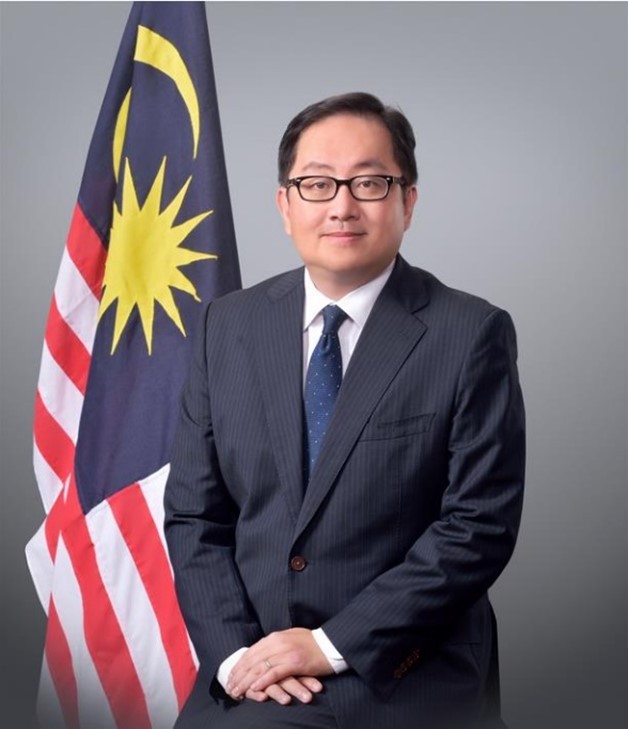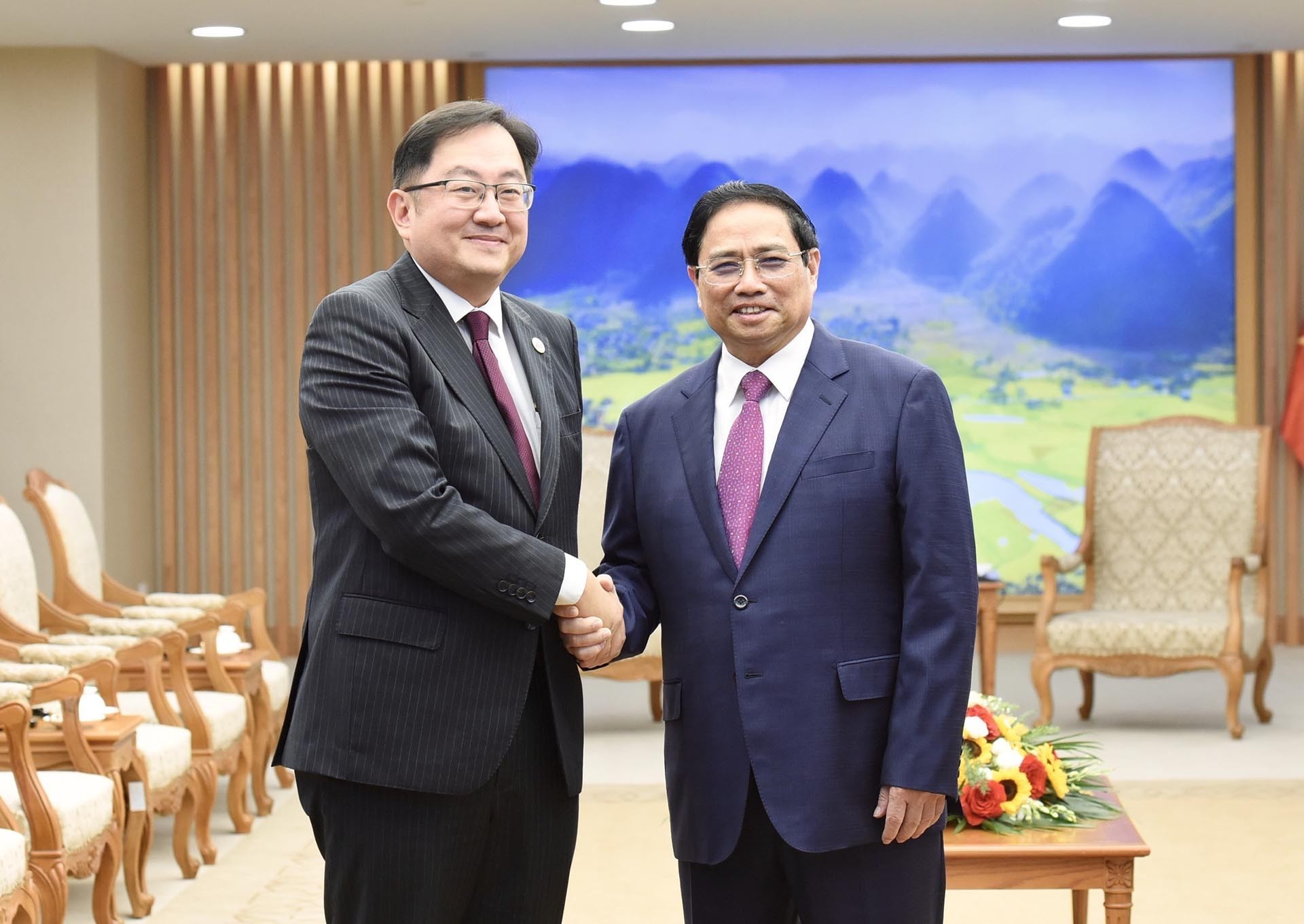
Vietnam taps into incubator of ideas for enhancing capacity building: Malaysian Ambassador
Latest
 |
| Malaysian Ambassdor to Viet Nam Dato’ Tan Yang Thai. (Photo: PH) |
Flexible policies for recovery
Malaysia noted that Viet Nam’s economy has shown resilience and recovery from the impacts of the COVID-19 pandemic, achieving a robust growth of 8 percent in 2022.
Despite the economic uncertainty for 2023, such as moderate domestic demand, rising inflation and a challenging external environment, the World Bank projects that Viet Nam’s economic growth will ease to 4.7 percent in 2023, and gradually accelerate to 5.5 percent in 2024 and 6.0 percent in 2025.
Malaysia would like to commend Vietnam’s well-calibrated policies implemented by its Government to cushion the impact of global economic uncertainty. Malaysia also observed that the deregulation of markets and the promotional activities to attract foreign direct investments (FDIs) are among the initiatives to stimulate Vietnam’s economic growth. In addition, besides Malaysia, it is also observed that Vietnam has been actively forging partnerships with its neighbouring countries and major trading partners. As such both President Joseph R. Biden, Jr. of the United States and President Yoon Suk Yeol of the Republic of Korea officially visited Viet Nam recently.
Although, the evolving global landscape may be full of new challenges that require us to adapt and innovate, it also presents numerous opportunities. Hence, both countries must continue to explore untapped areas for collaboration, such as the digital economy, sustainable development, and emerging technologies. By leveraging our respective strengths and resources, we can address these challenges together and propel our nations onto a more sustainable growth path.
Active member in ASEAN and APEC
Vietnam is an active member of several multilateral and regional forums, such as the Association of Southeast Asian Nations (ASEAN), the Asia-Pacific Economic Cooperation (APEC) and the World Trade Organisation (WTO).
Vietnam’s accession to ASEAN in 1995 demonstrates her high commitments for regional integration and economic cooperation in the region, as well as enthusiastic to opening up economy and trade liberalisation. Vietnam has been an active member in ASEAN since then. In ASEAN, Malaysia and Vietnam have both committed to deepening regional economic integration by advancing the ASEAN Economic Community Blueprint 2025 (AEC 2025).
 |
| Prime Minister Pham Minh Chinh hosts Malaysian Ambassador Dato’ Tan Yang Thai. (Source: VNA) |
To be an epicentrum of growth, AEC building agenda needs to evolve with emerging megatrends as well as agile and proactive in leveraging new growth drivers, namely Global Supply Chains, Digital Transformation, Green Economy, Blue Economy, Creative Economy, and Inclusive Economy in which on-going extensive work for its realisation is undertaken by ASEAN Member States. Malaysia looks forward for Vietnam’s support during Malaysia’s chairmanship in 2025.
Malaysia also welcomes Vietnam’s keen participation at APEC. Vietnam joined APEC in 1998 and hosted APEC in 2006 and 2017. APEC has always been dubbed as an incubator of ideas and the most apt platform for developing countries like Malaysia and Vietnam to tap into enhancing its capacity building in various fields.
Vietnam has always been an active advocate, participant and contributor to economic and technical cooperation (ECOTECH) in APEC. For the past years, Vietnam has organised various capacity-building projects in areas such as trade agreements, services, intellectual property, competition policy, energy, climate change and food security, MSMEs and start-ups, workforce digitalisation as well as digital economy to which Malaysia has had the opportunity to participate.
Vietnam also plays an active role in realising the APEC Putrajaya Vision 2040 through the implementation of the Aotearoa Plan of Action (APA) and Bangkok Goals. Joining APEC has been substantive to Vietnam’s economic development where most of Vietnam’s leading economic and trade partners are APEC member economies. Accordingly, 11 out of 16 free trade agreements that Vietnam has signed and negotiated are with partners from APEC. Through the APEC platform, Vietnam has worked closely with all the other 20 economies and continues to strive in strengthening political, economic, and cultural cooperation with the APEC community towards achieving an open, dynamic, resilient and peaceful Asia-Pacific community as aspired in APEC Putrajaya Vision 2040.
As we speak, all APEC Economic Leaders are meeting in San Francisco, California to deliberate on the key deliverables and outcome of 2023 priorities. On this, it has to be emphasised that APEC as an economic forum is vital to the member economies to continue enhancing capacity in the economic development towards a stable and prosperous region.













